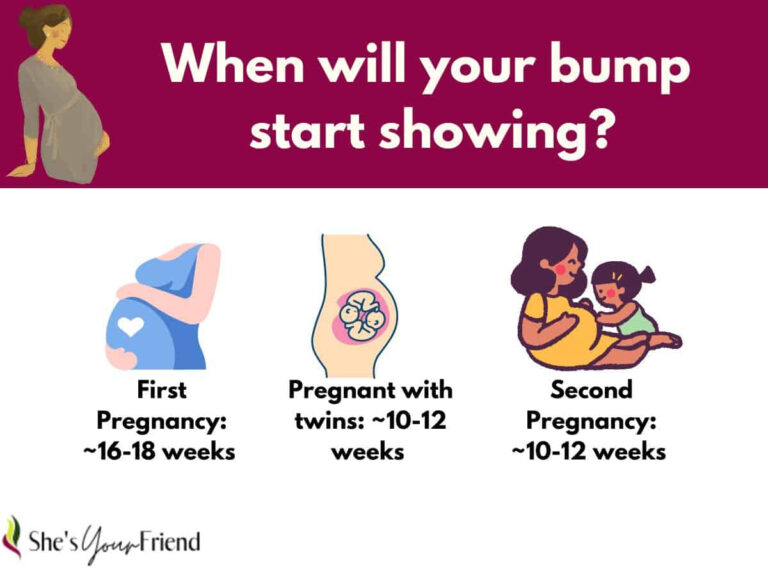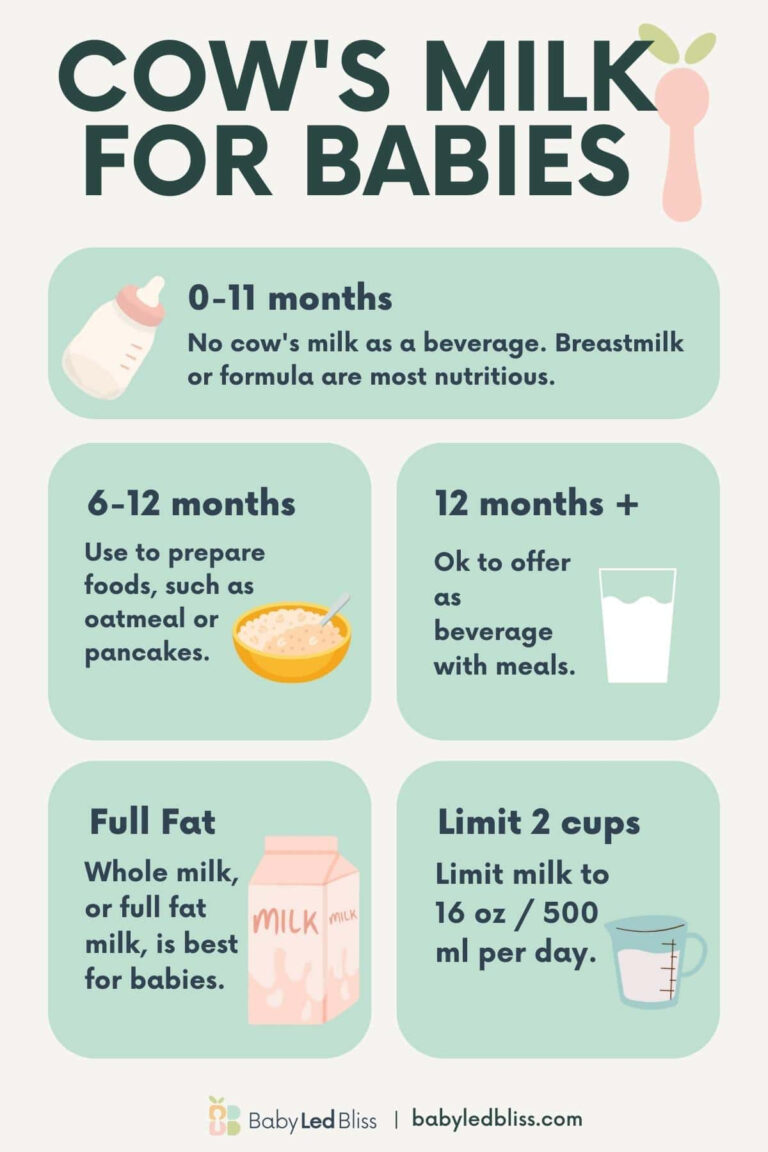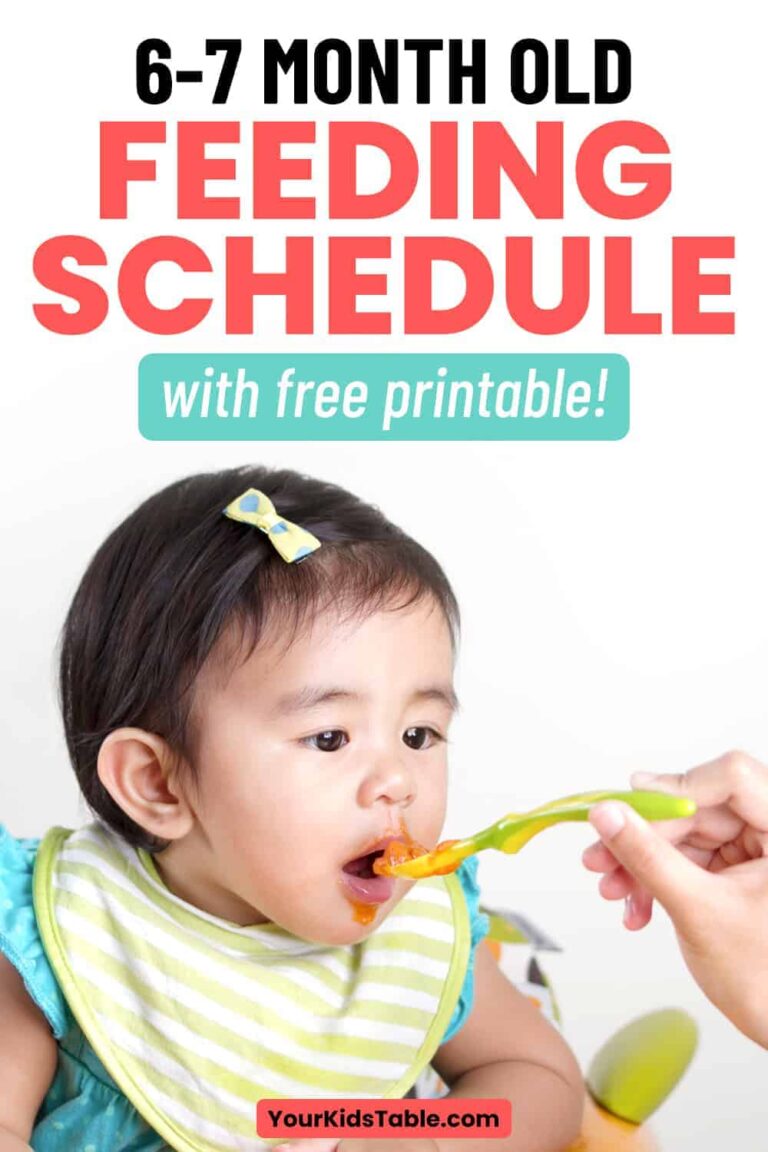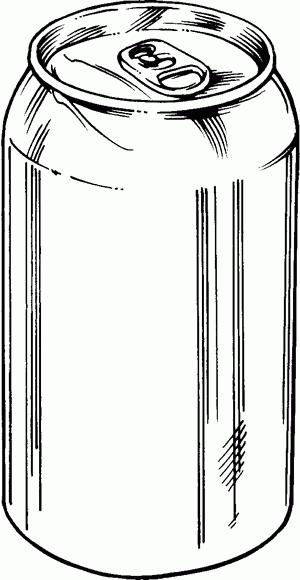Bloated Beginning Of Pregnancy: Understanding The Causes And Finding Relief
The early stages of pregnancy can be an exciting time, but it can also be accompanied by a range of physical changes, including bloating. This common symptom can be uncomfortable and even distressing for some women, but it is important to remember that it is usually a normal part of the pregnancy process.
In this article, we will explore the causes of bloating during pregnancy, discuss tips for managing it, and identify when to seek medical attention. We will also provide a list of frequently asked questions about bloating during pregnancy to help you find the information you need.
Bloated Beginning Of Pregnancy

Innit, the bloated beginning of pregnancy can be a right pain in the neck. Your belly feels like it’s gonna pop, and you can’t help but feel like a beached whale. But don’t worry, love, it’s all part of the joys of being a mum-to-be.
Here’s the lowdown on what’s going on and what you can do to ease the bloating:
What Causes Bloating in Early Pregnancy?
There are a few things that can cause bloating in early pregnancy, including:
- Hormonal changes: The hormone progesterone relaxes the muscles in your digestive system, which can lead to bloating and constipation.
- Increased blood volume: Your blood volume increases by about 50% during pregnancy, which can put pressure on your veins and cause them to swell. This can lead to bloating in your belly, legs, and feet.
- Constipation: Constipation is a common problem in pregnancy, and it can make bloating worse. When you’re constipated, your stool becomes hard and dry, which can make it difficult to pass. This can lead to a build-up of gas and bloating.
- Food sensitivities: Some women find that they become more sensitive to certain foods during pregnancy. This can lead to bloating, gas, and other digestive problems.
What Can You Do to Relieve Bloating?
There are a few things you can do to relieve bloating during pregnancy, including:
- Eat small, frequent meals: Eating small, frequent meals can help to reduce bloating by preventing your stomach from getting too full. It can also help to reduce constipation.
- Avoid gas-producing foods: Some foods, such as beans, broccoli, and cabbage, can cause gas and bloating. Try to avoid these foods, or eat them in small amounts.
- Drink plenty of fluids: Drinking plenty of fluids can help to keep your digestive system moving and prevent constipation. Water is the best choice, but you can also drink herbal teas or fruit juices.
- Get regular exercise: Regular exercise can help to improve your circulation and reduce bloating. Try to get at least 30 minutes of moderate-intensity exercise most days of the week.
- Wear loose, comfortable clothing: Wearing loose, comfortable clothing can help to reduce pressure on your belly and relieve bloating.
FAQ Summary
What causes bloating during pregnancy?
Bloating during pregnancy is caused by a combination of factors, including hormonal changes, increased gas production, and constipation.
What are some tips for managing bloating during pregnancy?
There are a number of things you can do to manage bloating during pregnancy, including eating smaller meals more frequently, avoiding gas-producing foods, and getting regular exercise.
When should I seek medical attention for bloating during pregnancy?
You should seek medical attention if bloating is severe or persistent, as it may be a sign of an underlying medical condition.





